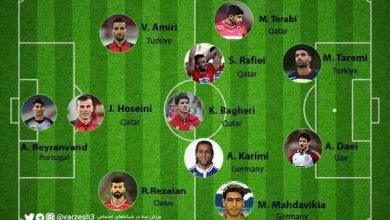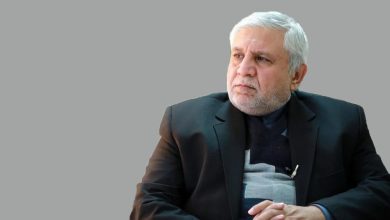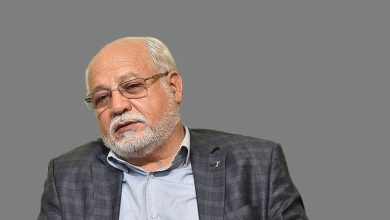
The aim of expanding the definition of piety and expanding and explaining the managerial viewpoint in this wise sentence is:
A) The field of piety does not only apply to “staying away from the forbidden” and “performing duties” but also in the administrative field! Accepting a lack of experience and a responsibility that requires skill, experience, and knowledge is a bit of a mess. The result is that a person who is observant and pious does not take responsibility for not fulfilling his conditions.
b) This statement is attributed to the martyr Jamran, but its source in the official hadiths of the imams (peace be upon him) has been repeatedly chosen with great interest, and it was mentioned in the “Life” collection of the late Professor Muhammad Reza Hakimi. In another hadith, betrayal is defined as the doing of things by an unskilled person.
c) Now this hadith and the amount of piety mentioned by the martyr Chamran remained different and different, and this fact was drawn to the eyes of people and officials through the display and distribution of municipal banners in the city of Tehran.
A new definition of how to judge according to you?
d) Choosing the right and appropriateness in any job is one of the important and basic principles of scientific management. Do they benefit from piety?
e) If piety is used as a criterion of human value in its new sense of managerial competence, how or who recognizes it? In any particular case, is this the person, legal or private documents and employment indicator indicators? Is there no need to review managers at the national level?
f) Ruby Trapp is commendable in this formal talk. Although it is quoted by someone else quite often. It is important to follow this basic advice, it is harmful and effective for people and society.
At the same time, the end of a protracted conflict is the trumpet of commitment over experience.










